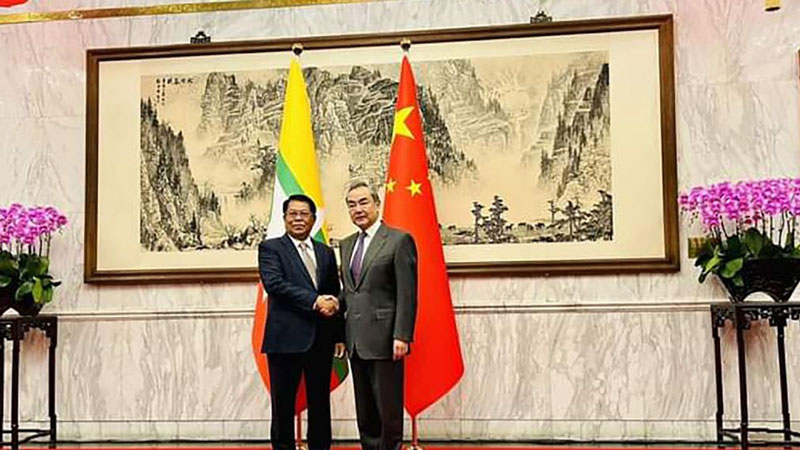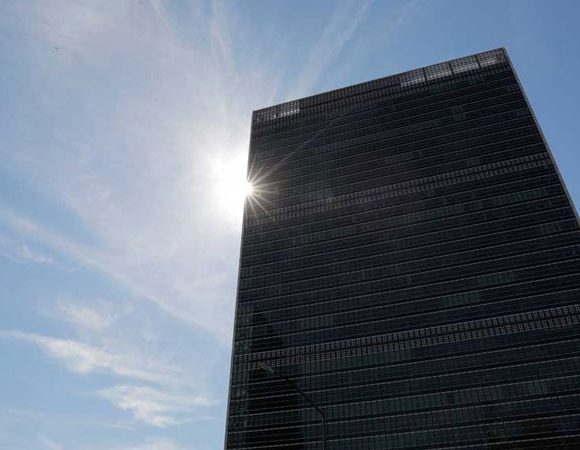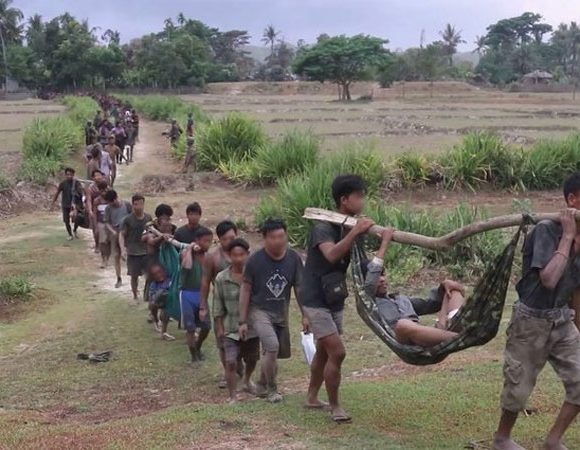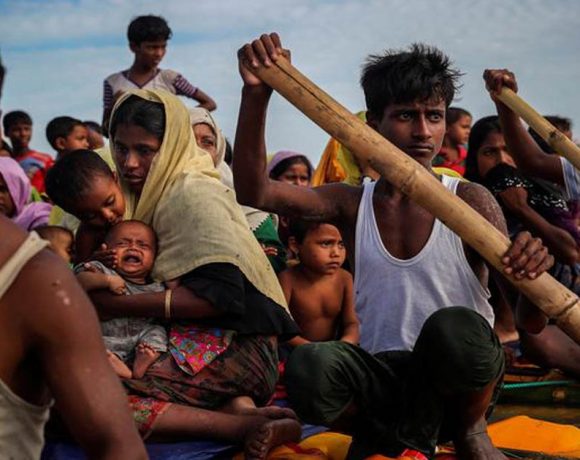Myanmar junta asks China to pressure Brotherhood Alliance to end offensive

When junta foreign minister Than Swe met his Chinese counterpart in Beijing on Wednesday, he asked China to use its influence over the Three Brotherhood Alliance to encourage it to stop fighting and enter peace talks with the regime, sources said, The Irrawaddy reports.
Than Swe held direct talks with Wang Yi on Wednesday after he arrived in Beijing to attend the Lancang-Mekong Cooperation Foreign Minister’s meeting on Thursday.
The visit occurred after the regime lost control of a substantial swath of its border with China to the alliance comprising the Ta’ang National Liberation Army, the Myanmar National Democratic Alliance Army (MNDAA) and the Arakan Army. Together they launched Operation 1027 on October 27.
Than Swe’s visit to Beijing was his first since the coordinated attacks by the alliance began.
“China hopes that Myanmar will achieve national reconciliation and continue its political transformation process under the constitutional framework as soon as possible,” Wang Yi said in the meeting according to China’s foreign ministry.
Regime media reported that the two discussed accelerating construction of the Kyaukphyu deep-sea port in western Myanmar’s Rakhine State and construction of a railroad linking Rakhine with Yunnan Province via Myanmar’s second-largest city, Mandalay. The two projects are part of China’s Belt and Road Initiative.
The pair also discussed stepping up the fight against drugs, human trafficking, and online scams, as well as cooperation in the electricity sector.
However, sources familiar with the talks said the message from Naypyidaw to Wang Yi was to broker peace talks between it and the Brotherhood Alliance. The junta wants China to use its influence on the Brotherhood Alliance to make it stop fighting and enter peace talks under new conditions and to deliver the message that junta boss Min Aung Hlaing is ready to make concessions, the sources said.
“The junta begged for talks with the alliance,” one China source said.
China has influence on some of Myanmar’s ethnic armed groups near its border, including the members of the Brotherhood Alliance.
The junta believes that China can stop the alliance’s offensive, some observers say. However, they added that even if China intervenes it is very unlikely that the three alliance members will stop fighting because they have already gained territory.
The regime has so far lost control of nearly 20 towns since Operation 1027 was launched. Seven of them are in northern Shan State. Over 300 junta positions have also fallen, more than 200 of which are near the Myanmar-China border in northern Shan State.
Two weeks before Than Swe’s visit to China, the regime authorized anti-China protests in Naypyitaw and Yangon in which junta-backed nationalists accused Beijing of attempting to destroy Myanmar by selling weapons to ethnic armed organizations based near its border in northern Myanmar, as well as to People’s Defense Forces.
Min Aung Hlaing also lamented at an emergency meeting of the National Defense and Security Council on Nov. 8 that junta positions in northern Shan State were being bombed mainly with China-made drones that can easily be bought in Myanmar.
But a week later, the regime changed its tone, and repeatedly proclaimed that it had a “strong and amicable” relationship with Beijing, saying the ties will only grow stronger over time.
Meanwhile, the MNDAA is poised to launch its final attack on Laukkai, the capital of Kokang Self-Administered Zone, on the China-Myanmar border.
Wang Yi was quoted by junta media as saying that he told Than Swe at the meeting that China respects the sovereignty and territorial integrity of Myanmar, and would not intervene in the country’s internal affairs.















